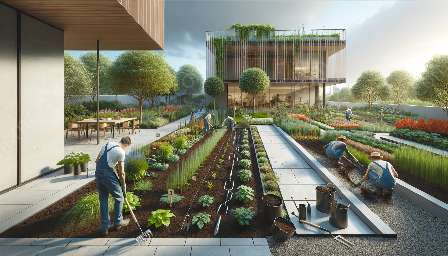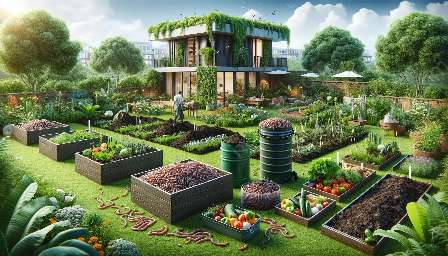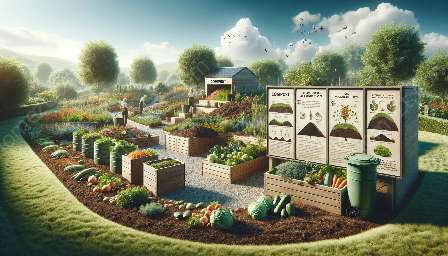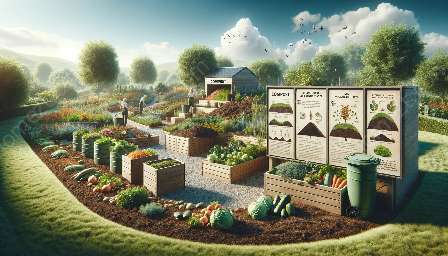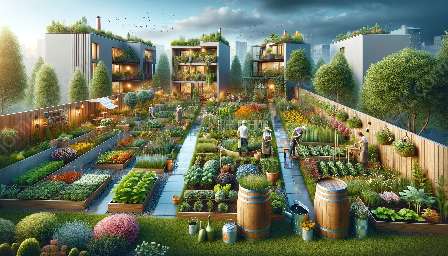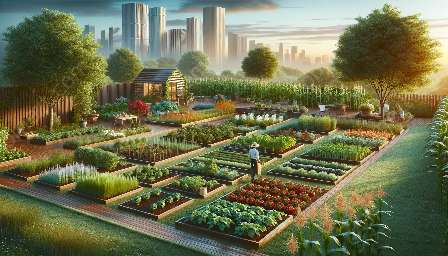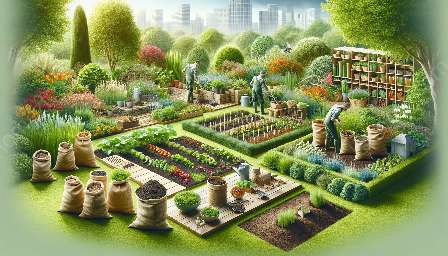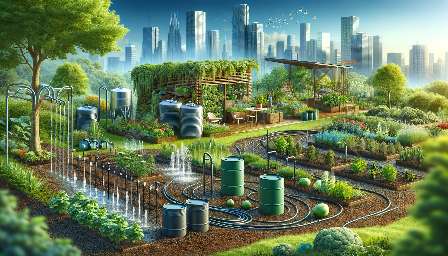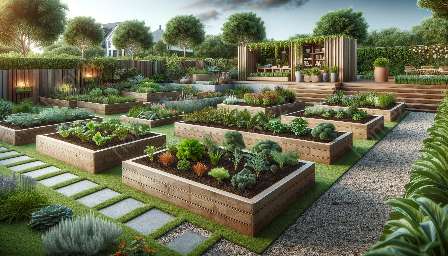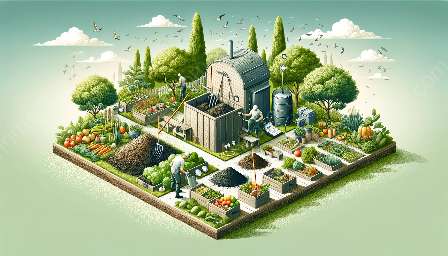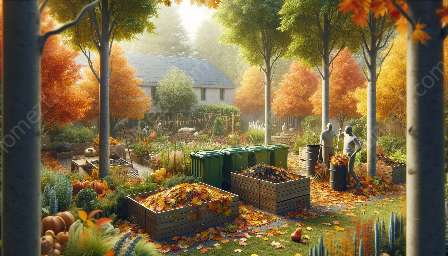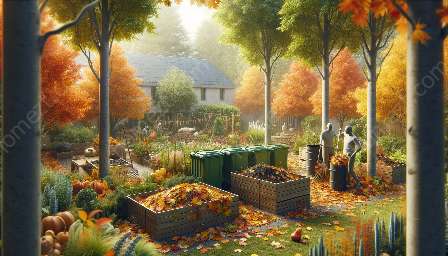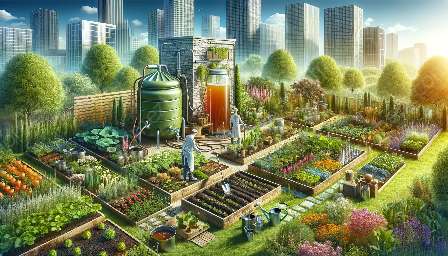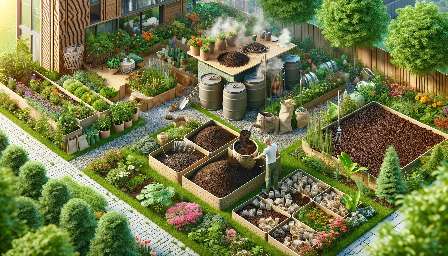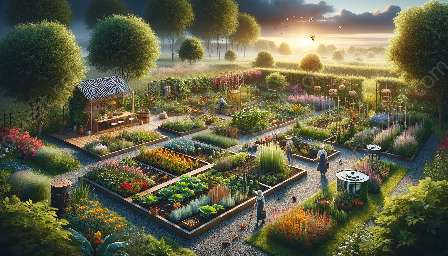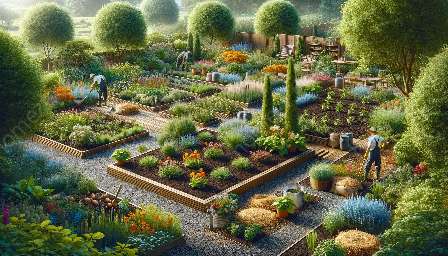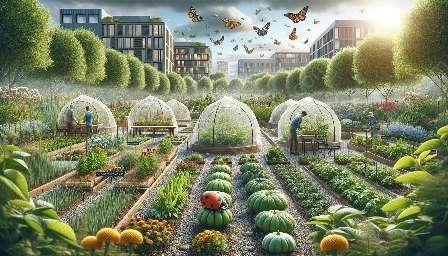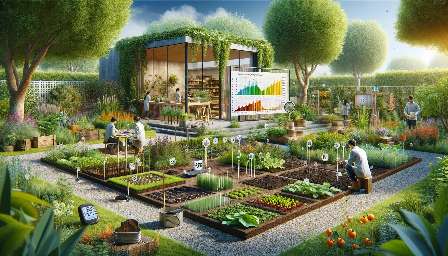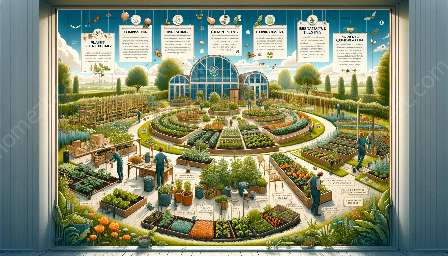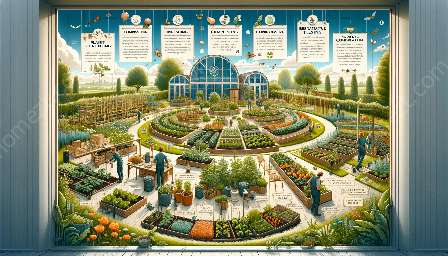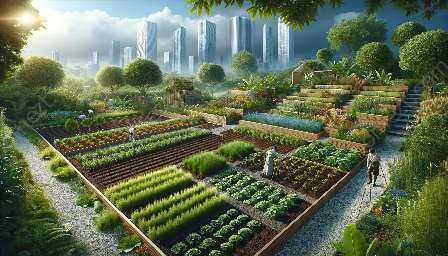Composting is a sustainable practice that benefits the environment and organic gardening. However, like any natural process, composting can present challenges. Understanding common issues and implementing effective problem-solving strategies is essential for successful composting and organic gardening.
Common Composting Problems
Before delving into solutions, it's crucial to identify potential issues that may arise during the composting process. Some common problems include:
- Slow decomposition
- Unpleasant odors
- Pests infestation
- Excessive moisture or dryness
Troubleshooting and Problem-Solving Tips
Addressing these challenges requires a systematic approach. Here's how to troubleshoot and solve common composting problems:
1. Slow Decomposition
If your compost pile is not breaking down as expected, consider the following:
- Optimize the carbon-to-nitrogen ratio by adding more nitrogen-rich materials such as green waste or manure.
- Turn the compost pile regularly to aerate it and promote decomposition.
- Ensure the pile is adequately moist, as dryness can hinder decomposition.
2. Unpleasant Odors
Foul smells can indicate an imbalance in the compost pile. To remedy this, try the following:
- Aerate the pile to increase oxygen levels and reduce anaerobic decomposition that causes odors.
- Avoid adding meat, dairy, or oily foods, as these can contribute to odor issues.
- Add dry, carbon-rich materials like leaves or sawdust to absorb excess moisture and control odors.
3. Pest Infestation
Maintaining a pest-free compost pile requires proactive measures:
- Avoid adding food scraps that attract pests, such as uncovered fruits and vegetables.
- Use a secure compost bin or incorporate barriers to prevent rodents and other critters from accessing the pile.
- Bury fresh organic matter deep within the compost pile to deter pests and promote decomposition.
4. Excessive Moisture or Dryness
Regulating moisture levels is crucial for healthy composting:
- Aerate the pile regularly to allow excess moisture to evaporate and to improve oxygen circulation.
- Add dry, brown materials like straw or shredded paper to absorb excess moisture.
- Water the compost pile lightly if it becomes too dry, aiming for a moist but not sodden consistency.
Benefits of Effective Troubleshooting
By addressing composting issues promptly, gardeners can benefit from:
- Improved soil quality: High-quality compost enriches soil with nutrients, enhancing plant growth and overall garden health.
- Sustainable waste management: Successful composting reduces organic waste sent to landfills, minimizing environmental impact.
- Enhanced gardening experience: Troubleshooting composting problems enables gardeners to cultivate healthier plants and enjoy a more productive garden.
Mastering the art of composting and organic gardening involves embracing both its rewards and challenges. By utilizing troubleshooting skills and problem-solving techniques, gardeners can nurture a thriving garden ecosystem that promotes sustainability and environmental stewardship.

